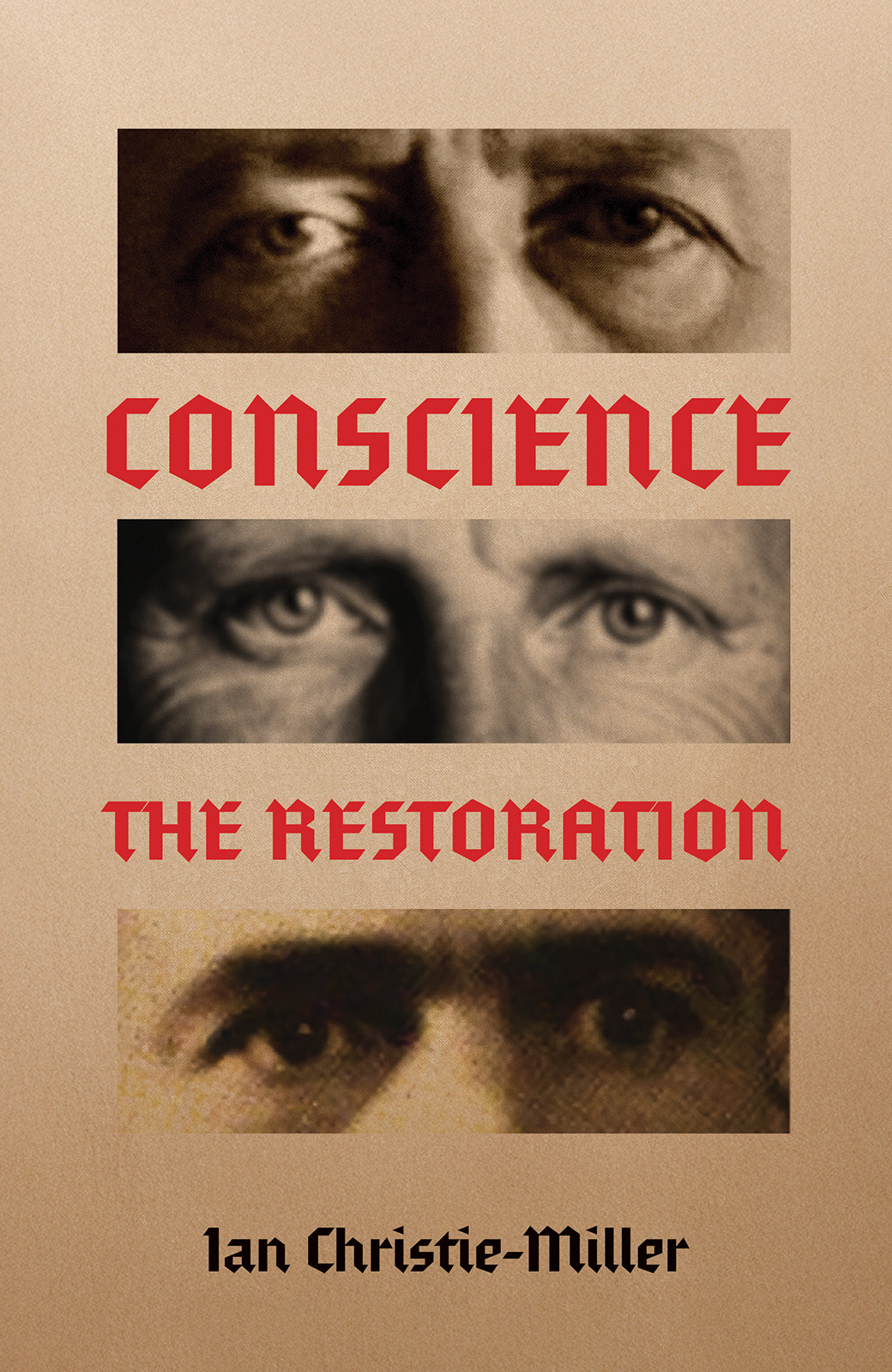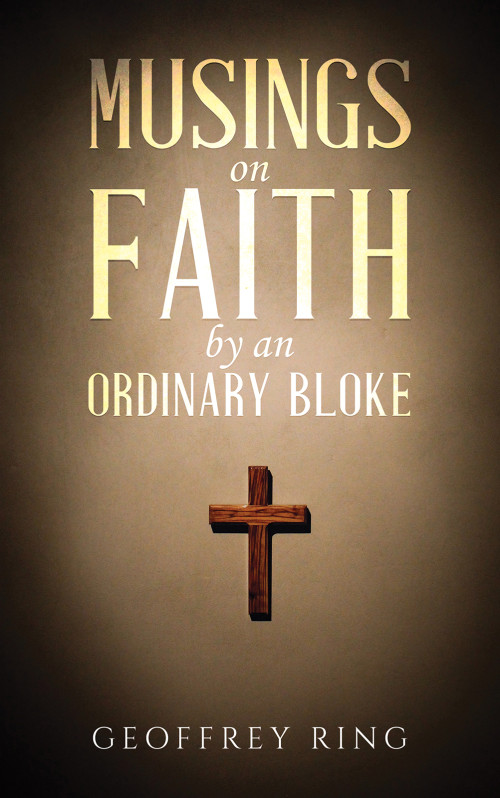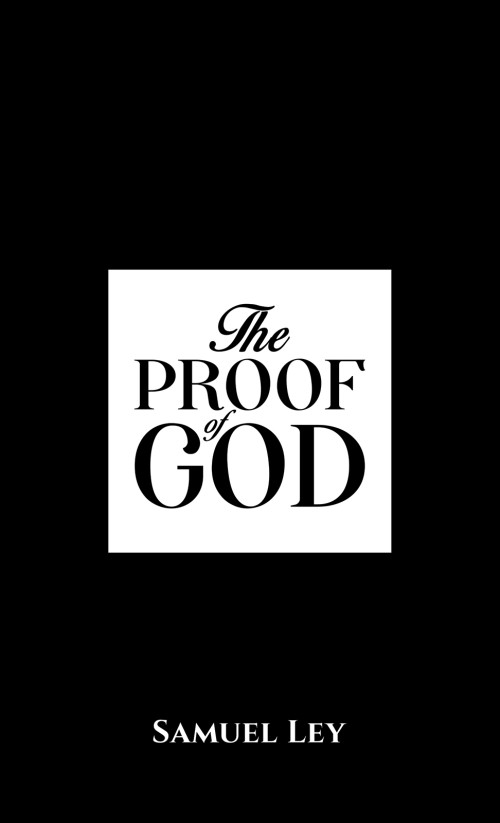Book Description
Although the word for Conscience is absent from the Old Testament and from the Gospels (with the possible cameo appearance in some versions of Jesus and the woman ‘taken in adultery’), it is an unavoidable commonplace in our Western civilization. This book highlights the ever-present, yet not always evident, presence of Conscience in the public and in the private arenas.
The classical Greek origin of Conscience is duly acknowledged; its universality is discussed; its non-appearance in relevant Gospel versions (Vaticanus and Sinaiticus) is illustrated.
Chapter-by-chapter comparisons are made between biblical instances and contemporary matters of concern such as genocide and slavery. Attention is given to subjects such as the harmful effect of power on Conscience (abortion, for instance). Consideration is given to the interaction of Conscience and human conduct (untimely death).
The book ends with a Conscience-based poem by a man who was wrongly accused and in solitary confi nement for 20 years.












